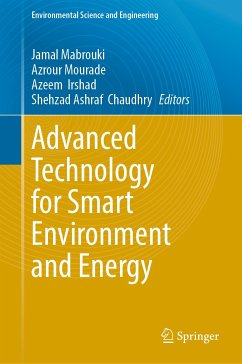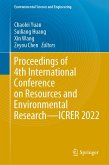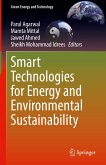An intelligent electrical network (smart grid-SG) includes heterogeneous and distributed electricity production, transmission, distribution and consumption components. It is the next generation of electricity network able to manage electricity demand (consumption/production/distribution) in a sustainable, reliable and economical way taking into account the penetration of renewable energies (solar, wind, etc.). Therefore, a (SG) smart grid also includes an intelligent layer that analyzes the data provided by consumers as well as that collected from the production side in order to optimize consumption and production according to weather conditions, the profile and habits of the consumer. In addition, this system can improve the use of green energy through renewable energy penetration and demand response.
Dieser Download kann aus rechtlichen Gründen nur mit Rechnungsadresse in A, B, BG, CY, CZ, D, DK, EW, E, FIN, F, GR, HR, H, IRL, I, LT, L, LR, M, NL, PL, P, R, S, SLO, SK ausgeliefert werden.









